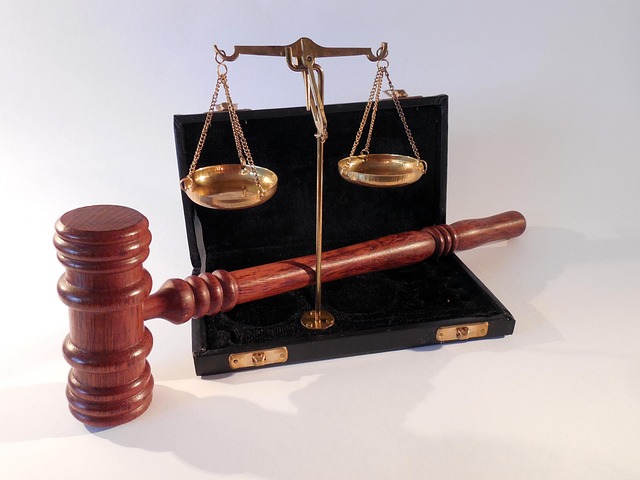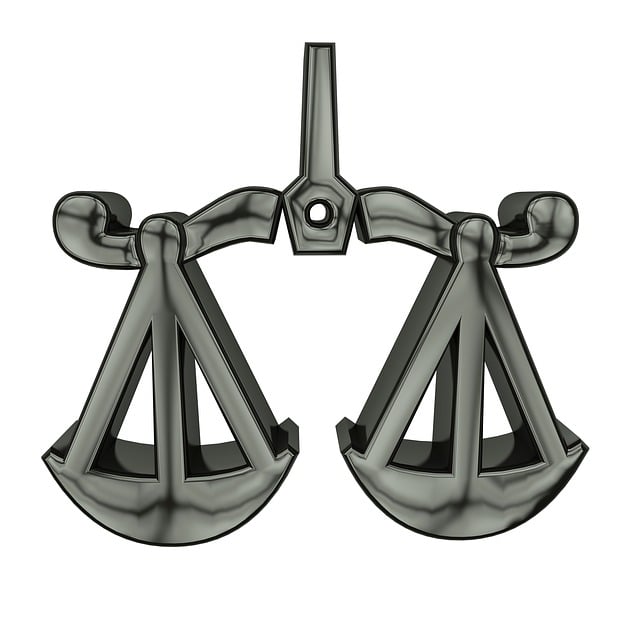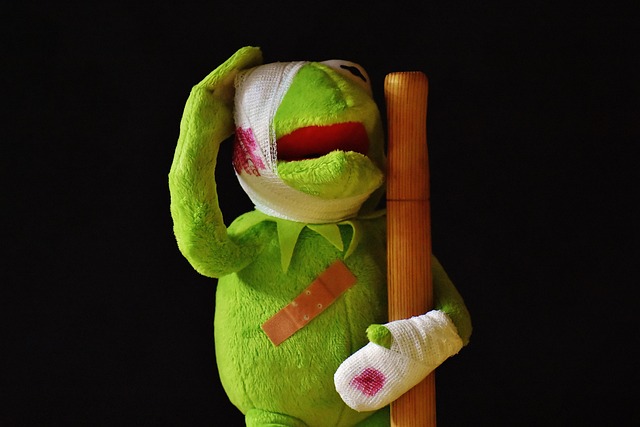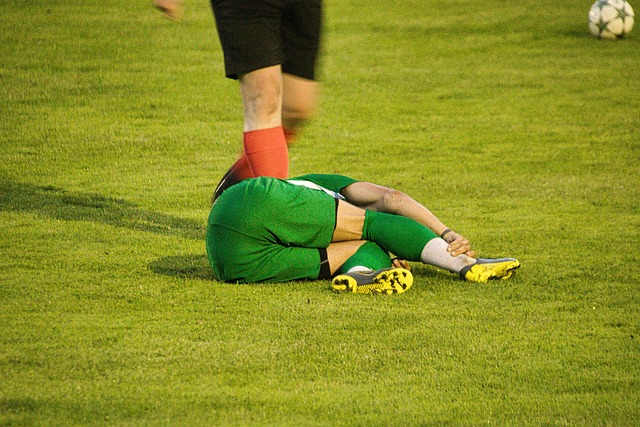When a defective children's product causes harm, parents face complex legal challenges to protect their rights and seek justice. They aim to ensure their child's safety and hold manufacturers accountable through product liability laws, pursuing compensation for medical expenses and pain & suffering. Understanding parental duties and corporate accountability is crucial, focusing on the long-term well-being of the affected child. Advocating for stricter regulations and enhanced safety standards is vital to prevent future incidents involving defective children's products.
In the event of an injury caused by a defective children’s product, understanding parental rights is paramount. This article explores the intricate legal landscape surrounding product liability cases, with a specific focus on the entitlements of parents whose children have been harmed. We delve into how courts interpret and enforce these rights, examining real-world scenarios to shed light on compensation and measures for preventing future incidents. By understanding these principles, parents can navigate the system effectively.
- Understanding Parental Rights in Product Liability Cases
- When a Defective Children's Product Causes Injury: A Legal Perspective
- Compensating for Losses and Ensuring Future Protection for Children
Understanding Parental Rights in Product Liability Cases

When a defective children’s product causes harm, parents often face complex legal issues to protect their rights and seek justice. In product liability cases, parental rights revolve around ensuring the safety of their children and holding manufacturers accountable for any negligence or defects that lead to injuries. Parents have the right to pursue legal action on behalf of their injured child, aiming to secure compensation for medical expenses, pain and suffering, and other related damages.
Understanding these rights is crucial in navigating business litigation involving defective products. Parents must be aware of their fiduciary duty breaches when representing their child’s interests against product manufacturers or retailers. While pursuing wrongful death claims is a possibility in severe cases, the primary focus is often on the long-term well-being and future care of the child injured by a defective children’s product.
When a Defective Children's Product Causes Injury: A Legal Perspective

When a defective children’s product causes injury, it raises complex legal questions regarding parental rights and responsibilities. In many jurisdictions, parents are generally held to have a duty of care for their children, which includes providing a safe environment and making reasonable decisions for their well-being. However, when a product designed specifically for children—meant to entertain, protect, or aid in their development—fails and results in injury, the lines between parental responsibility and corporate accountability can blur.
From a legal perspective, parents may seek recourse through product liability laws, which hold manufacturers, designers, and distributors liable for any harm caused by defective products. If a child sustains serious injuries due to a manufacturing flaw or design defect in a children’s product—such as a toy, clothing with hazardous materials, or a faulty playground equipment—parents can take legal action. This includes filing personal injury claims against the responsible parties, aiming to secure compensation for medical expenses, rehabilitation, and other damages resulting from the truck accident injuries or nursing home neglect. The goal is not only to hold accountable those responsible but also to ensure that such incidents serve as a wake-up call for improved product safety standards, preventing similar serious injuries in the future.
Compensating for Losses and Ensuring Future Protection for Children

When a child sustains injuries due to a defective children’s product, compensating for losses becomes a critical aspect of justice and support for affected families. Accident compensation plays a vital role in mitigating the financial burden associated with medical treatments, therapies, and long-term care. These claims are designed to ensure that parents receive fair reimbursement for their child’s suffering and the subsequent challenges they may face.
Beyond compensating for immediate losses, it is crucial to consider measures that safeguard children from future harm caused by similar defective products. Parents have a right to demand stricter regulations and enhanced product safety standards to protect their children from potential risks. This proactive approach involves advocating for improved manufacturing practices, stringent testing protocols, and better consumer education, ultimately preventing serious injuries resulting from car accident injuries related to defective children’s products.
Parents have a right to seek justice and compensation when their child is harmed by a defective children’s product. Understanding these parental rights is crucial in navigating legal avenues, ensuring that manufacturers are held accountable for their negligent actions. By delving into the intricacies of product liability cases, we can better protect children from future hazards associated with such products. This includes compensating for losses incurred and implementing measures to prevent similar incidents, ultimately fostering a safer environment for kids.






